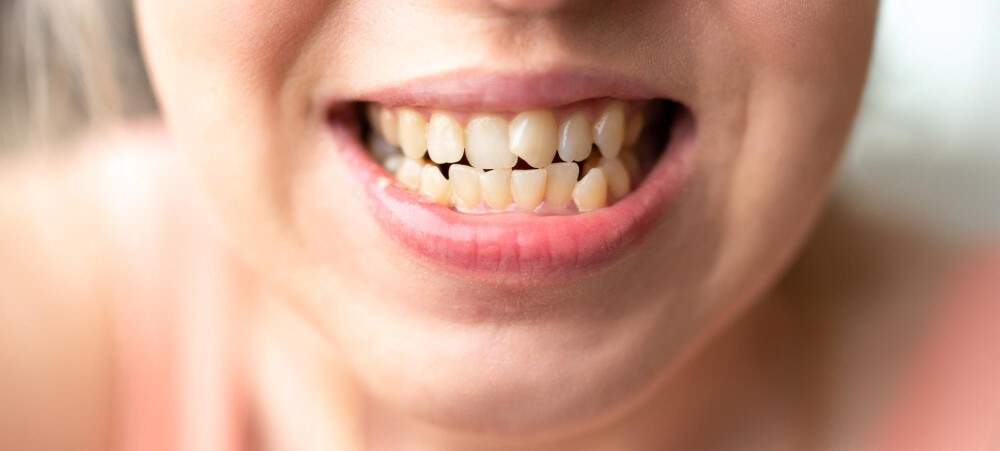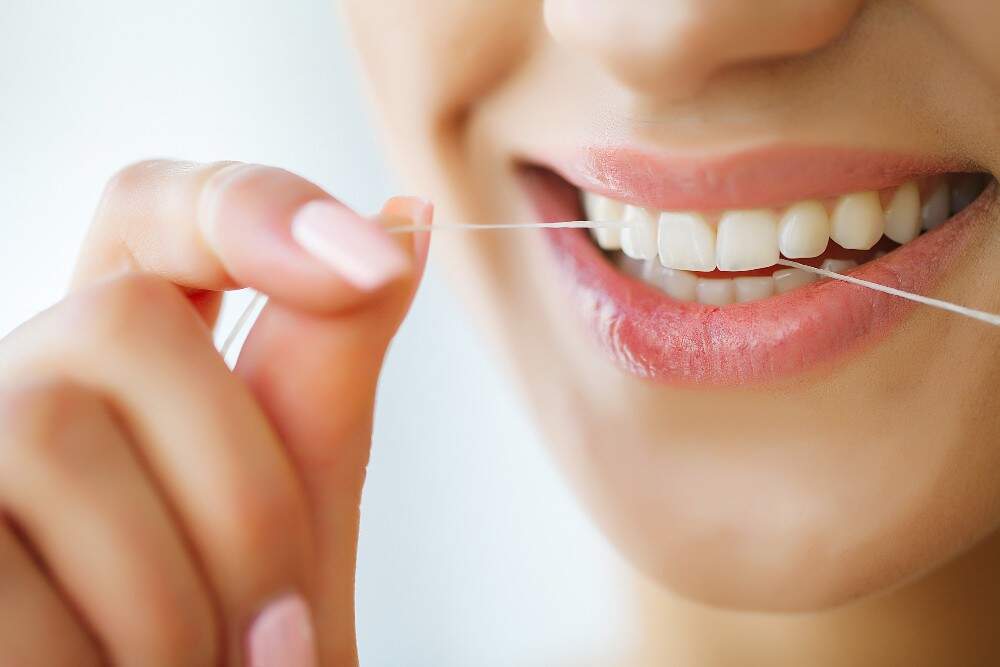Proper dental health gives you the chance to enjoy your lifestyle without experiencing any unwanted situations. Concretely, it allows you to eat, speak as well as get around comfortably without feeling any pain or embarrassment about yourself.
As anyone knows, the majority of foods that people consume contain sugar. We know that excessive sugar consumption has a negative effect on our health and especially on our teeth and gums.
However, it is a sweet treat that no one will stop consuming. Maybe it’s just an addiction, or maybe we don’t have enough self-control in order to stop consuming it. But, do you really know why sugar is so harmful for your teeth? Below we are going to see how sugar really affects your teeth and what to do about it.
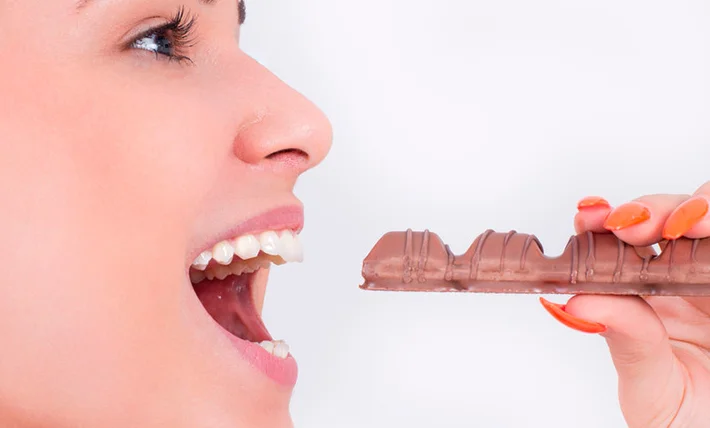
Your Mouth is a Battlefield
In your mouth live numerous types of bacteria. Some, even if it is difficult to believe it, might be beneficial to your dental health while others can be really harmful. To give an instance, there are some bacteria which produce acid in your mouth at the time that they encounter and digest sugar. These acids can clear away minerals from the enamel of your tooth and this is very harmful for the protection of your teeth. This procedure is called remineralization.
The good thing is that the minerals that are in your saliva help the repair of the enamel and this assists in the strength of your teeth. In spite of that, if the acid attacks take place repeatedly then this can cause mineral loss in the enamel of your teeth. After a certain period of time, this will weaken as well as destroy the enamel which in the end will result in the formation of cavities in your mouth.
Therefore, a cavity will cause tooth decay. For what is more, if left untreated, a cavity can cause strong pain and possibly you might lose your tooth.

How Does Sugar Affect Your Teeth?
Almost every food we eat or drink contains sugar and when it comes in contact with our teeth affects constantly the health of the teeth and gums. Therefore, it is essential to focus on the consumption of healthy foods which also help promote oral health.
However, let us list some points where we can detect the way that sugar affects our teeth.
Sugar changes the acidity of our mouth
Did you know that when we consume foods that contain sugar the pH balance in our mouth is affected? The saliva we produce by nature is not acidic. As a matter of fact, when we combine it with a regular brushing of our teeth, we ensure an optimal environment, in order to maintain a low PH level in our mouth.
On the contrary, when we consume sugar, our saliva begins to interact and progressively dissolve. The natural bacteria that can be found in our saliva are blended with sugar in order to form acid. This inequality can lead to a more acidic environment in your mouth, because it immediately raises the PH. Acid levels usually remain elevated for twenty minutes or more. Throughout this period the acid begins to damage the enamel of our teeth and little by little the caries which are known to all of us are created.
Sugar increases the bacteria in our mouth
However, the acidic environment also has further negative effects on our oral health. The toxic acids generated form an ideal environment for microscopic harmful bacteria which lead to gum diseases such as gingivitis.
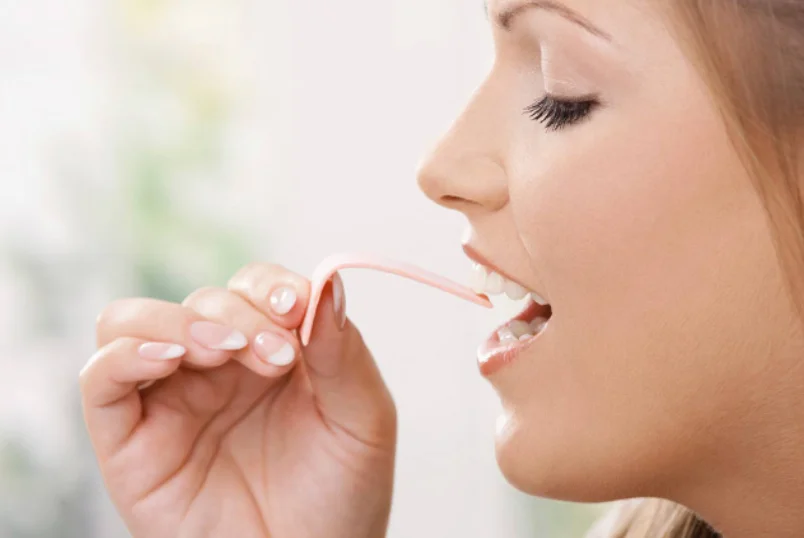
Solid sugar is extremely difficult to break down
Sugar comes in many shapes and the first thing that comes to mind is undoubtedly granulated sugar. This is the most common sugar we use when we cook. Crystal sugar is the result of highly processed sucrose for various uses. These solid sugars are exceptionally harmful because they leave a large quantity of sticky residue on our teeth. Saliva finds it difficult to break down such a concentrated form of sticky residue, and consequently this worsens the state of our oral hygiene.
Liquid sugar may not be visible but it is not guilt-free
Perhaps the most harmful form of sugar is in liquid form or syrup. This form of sugar is usual in the majority of soft drinks and sugary drinks. Consuming this form of sugar is like using a mouthwash but this one is complete of harmful toxins. Sugar enters every corner of our oral cavity, covering every tooth and adhering to the gum tissue.
As the sticky substance that is produced sits there, the bacteria begin to reproduce in the acidic solution and the acid slowly decomposes the enamel of our teeth. One negative outcome of this process is bad breath. It is difficult to understand that something sweet and delicious, such as syrup, can cause bad breath, but it is true and can genuinely happen.
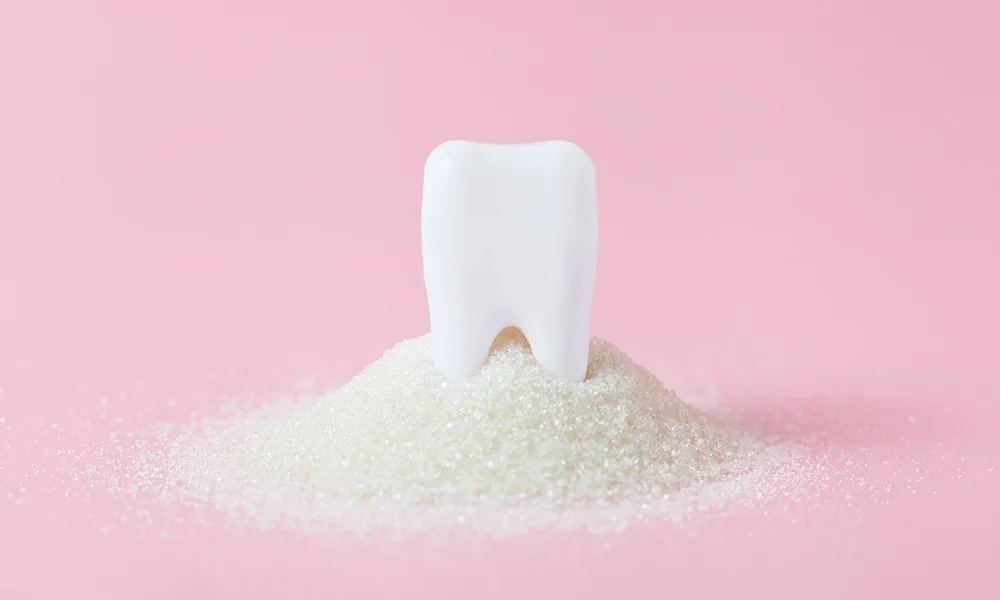
What You Can Do to Consume Less Sugar
If you know you’re consuming more sugar than you should, then here are some tips you can follow in order to reduce the sugar consumption.
Avoid sugary drinks
These drinks and beverages, not only do not fill you up but push you to consume more calories, in due course.
An alternative option to sugar-free drinks is water, which will hydrate you and help you burn fat.
Avoid ready-made sauces
Sauces are a huge trap when it comes to sugar. Ketchup and commercial sauces contain a lot of sugar. One tablespoon of ketchup may contain similarly one tablespoon of sugar.
Replace ready-made sauces with homemade sauces.
Do not eat breakfast with cereals with sugar
A bowl of cereal can be an effortless alternative for breakfast when you are in a hurry. Although, commercial cereals contain large amounts of sugar. Even muesli can contain a huge amount of sugar.
There are cereals on the market without added sugar, which are worth consuming.
Watch out your “healthy” snacks
Cereal bars, protein bars as well as dried fruits are considered healthy solutions. However, they might contain nearly the same amount of sugar as a chocolate or a cookie. A cereal bar can contain up to eight tablespoons of sugar.
Dried fruits may be full of sugar, but even if they are not, they contain a lot of sugar and should be consumed with a limit. For this reason, you must prefer unsalted nuts, a boiled egg or even 1-2 fresh fruits for your snacks.
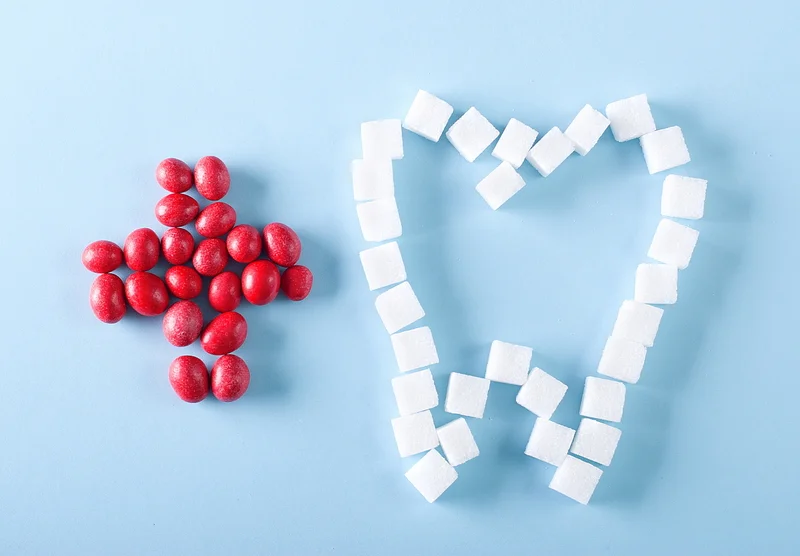
What You Can Do to Protect Your Teeth and Their Color
There are 3 foods that are ideal to consume in order to protect your teeth as well as their color. Those foods are:
- Treat your gums with red peppers
Your teeth may take longer to come to the fore. Although, your gums deserve just as much attention as any other part of your body. Red peppers contain a huge amount of vitamin C, which is necessary for the production of collagen – a structural protein which maintains the right shape of the gums around your teeth. Research shows that low vitamin C intake is associated with gum disease, a common cause of bad breath and receding gums.
- Remove bacterial plaque with celery
When you do not have the time to brush your teeth between meals, celery is a little alternative you can use. This vegetable works as a “cleanser” thanks to its fibrous, abrasive texture, which scrapes the yellowed bacterial plaque and pieces of food that have been stuck to your teeth after your meal. All this “snacking” promotes the production of saliva cleanser and turns your mouth into a mini mechanism cleanser.
- Protect tooth enamel with cheddar cheese
Cheddar cheese has an additional power. It is a good source of calcium, phosphorus and casein protein, which help strengthen the enamel of your tooth and neutralize the acidity that is caused by foods and drinks. Less acidity reduces the risk of tooth decay and corrosion, which over time can lead to tooth sensitivity.
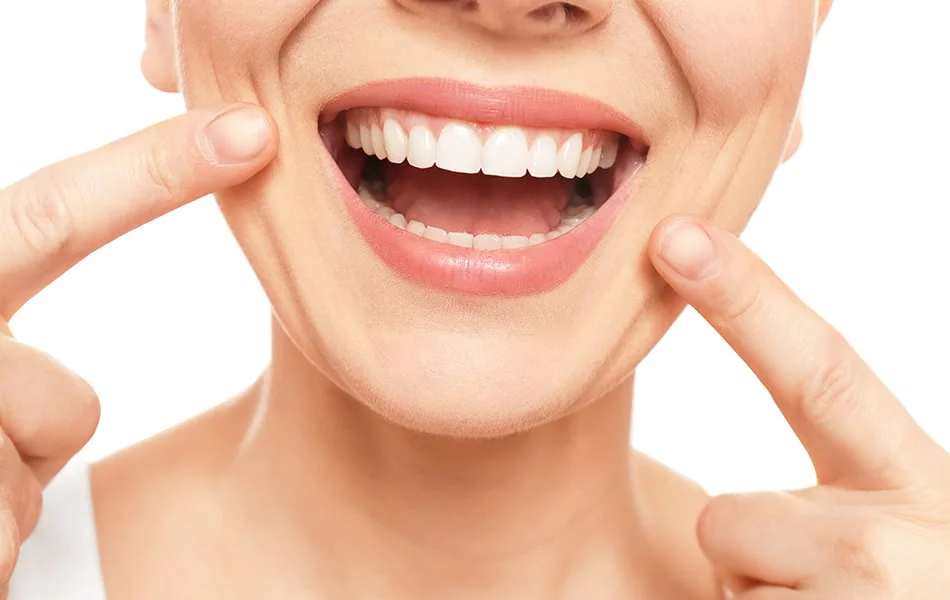
Our Advice
Our health is by a direct route related to the health of our teeth, and this is why it is important to do what we can in order to take care of our teeth or even to restore oral diseases. The majority of people have a laid-back attitude when it comes to sugar consumption.
However, it is better to reduce the consumption of foods and beverages that contain a large amount of sugar, as much as possible. In addition, as we always mention in our articles, staying faithful to the daily routine of brushing and flossing our teeth is the best gift we could offer ourselves. You must pay attention to everything you consume, take care of your teeth as well as prevent any diseases with regular prevention visits to the dentist 1-2 times per year.


